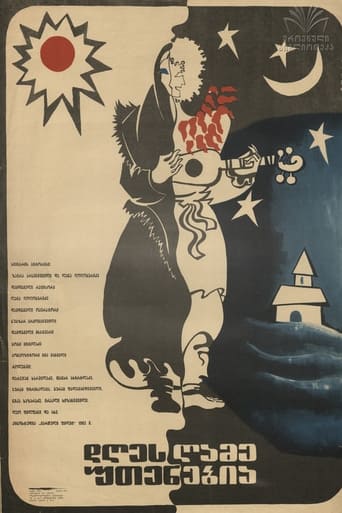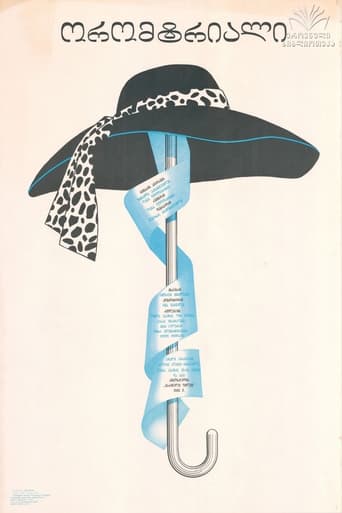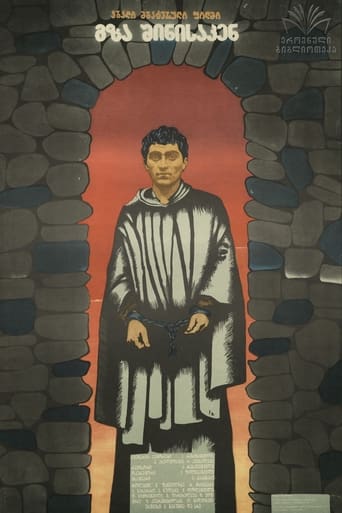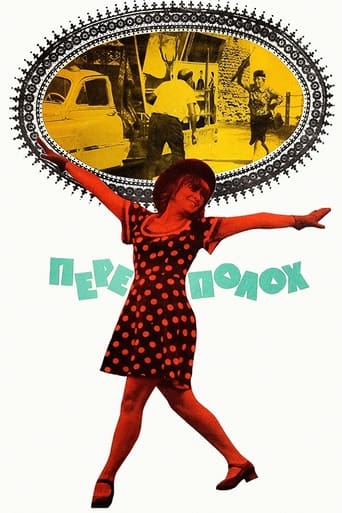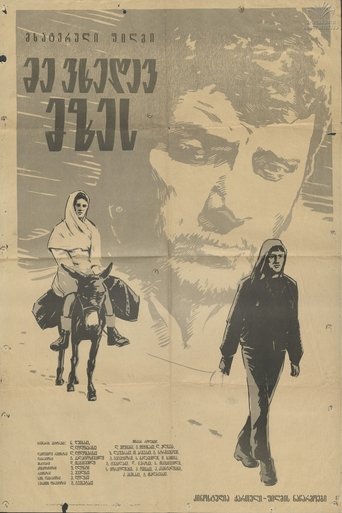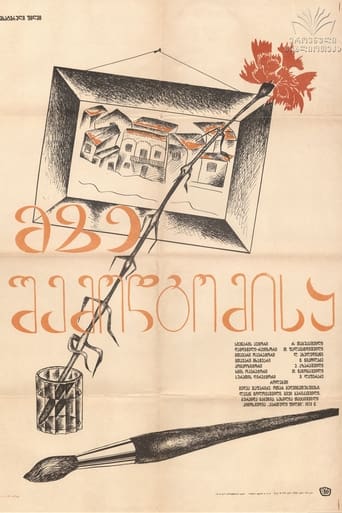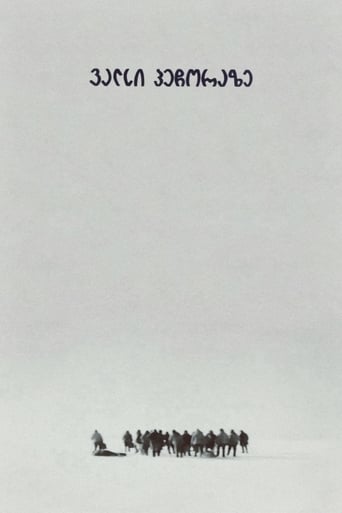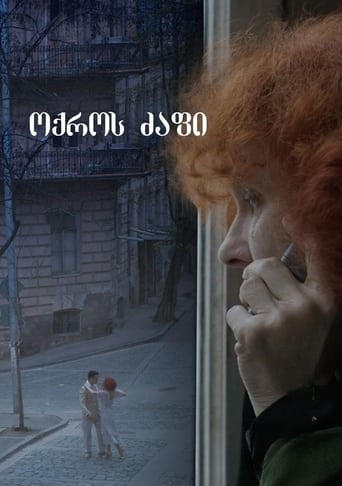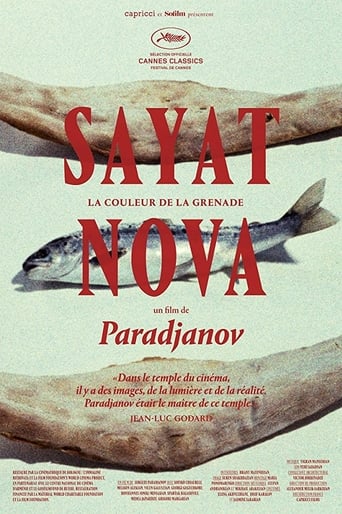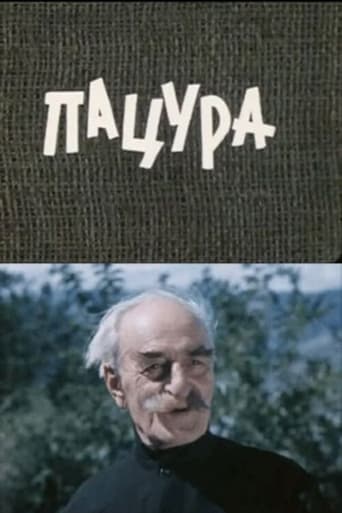Le Jour plus long que la nuit
Dec 11, 1983This somber story of love lost forever is set against the backdrop of the changes that Communism brought to the state of Georgia in the former USSR after the 1917 Revolution. Eva and Archil are deeply in love and they pledge to be with each other always. After they marry, Archil dies suddenly and Eva is left alone and childless. Along comes the ruthless Spiridon who romances Eva and marries her - though his cold and cruel spirit break Eva's naturally buoyant self, until she sullenly eats alone, and avoids intimacy with her husband as much as possible. They adopt a daughter, who does not take sides between her glum mother and silent father. When the Communist cadres enter their village to promote the ideals of the October revolution, Eva starts to warm to her husband a little because he joins in that movement. Then her husband commits the fatal error of revealing a previous crime - an error that will later cause their grown daughter to question her parents' strange behavior.
Drama
